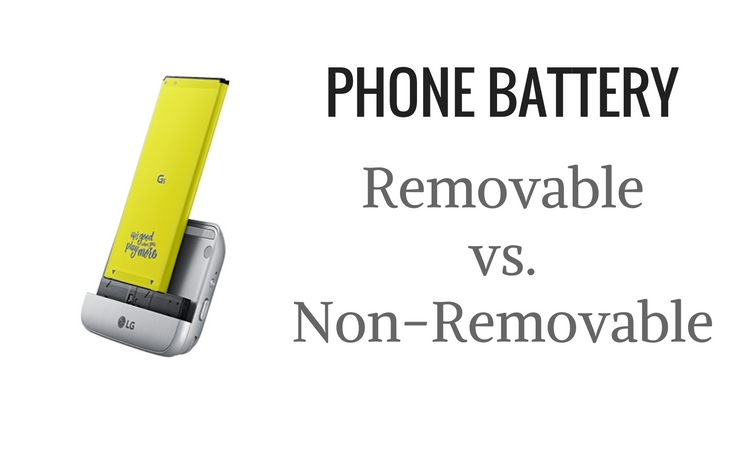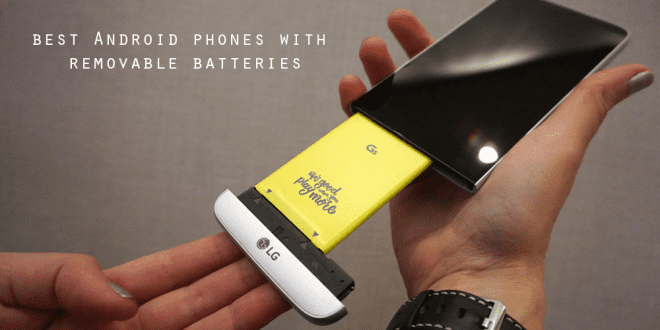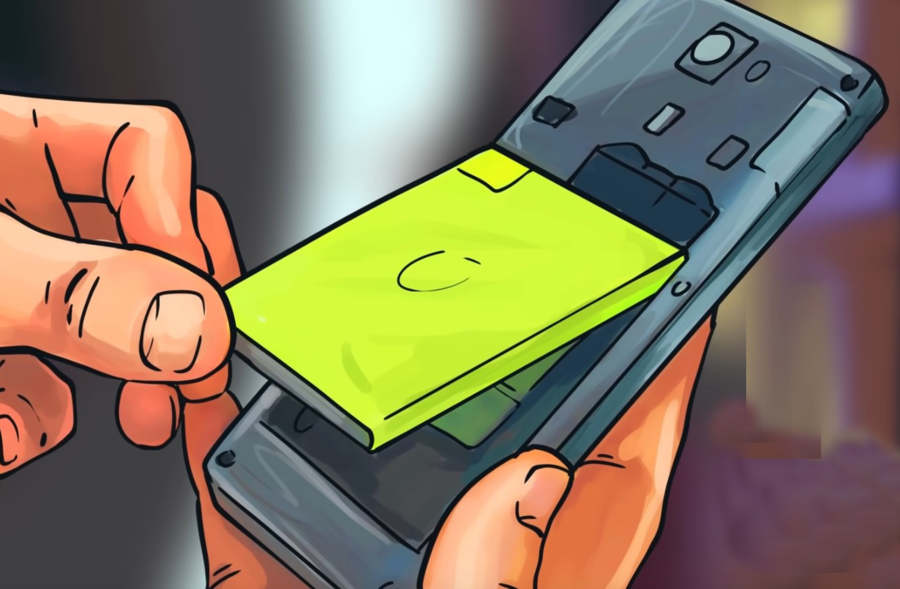EU Regulation back to Replaceable Phone Batteries
The smartphone industry has long been criticized for its lack of user-friendly designs when it comes to battery replacements. However, a new EU regulation slated to take effect by 2027 has the potential to revolutionize the market by reintroducing easily replaceable smartphone batteries. This article delves into the implications of this upcoming regulation, highlighting the benefits for consumers, the environment, and the challenges that smartphone manufacturers may face in adapting to this change.
The Current Landscape: Non-Replaceable Smartphone Batteries
In recent years, smartphones have become integral to our daily lives, serving as multi-functional devices that encompass communication, entertainment, and productivity. Unfortunately, this progress has come at the cost of non-replaceable batteries, making it challenging for users to address battery degradation and ultimately leading to the disposal of entire devices when the battery life diminishes.
The EU’s Commitment to Sustainability and Circular Economy
In recognition of the environmental impact caused by non-replaceable batteries and the increasing electronic waste, the European Union has taken a decisive step towards sustainability. The forthcoming EU regulation aims to mandate easily replaceable smartphone batteries, encouraging a shift towards a more circular economy. This regulation aligns with the EU’s broader goals of reducing electronic waste, increasing resource efficiency, and minimizing the environmental footprint of electronic devices.

Benefits for Consumers
The reintroduction of easily replaceable smartphone batteries offers numerous benefits for consumers. Firstly, it restores user control and convenience by allowing them to replace the battery independently, avoiding the need for professional assistance or purchasing a new device altogether. This enhanced flexibility enables users to address battery degradation promptly, extending the overall lifespan of their smartphones and potentially saving them money in the long run.
Secondly, easily replaceable batteries empower consumers to make Eco-conscious choices. By replacing the battery rather than discarding the entire device, users contribute to reducing electronic waste, as batteries are a significant component of electronic waste streams. Moreover, this regulation encourages the repair and refurbishment industry, providing opportunities for skilled technicians and enabling the extension of the lifespan of smartphones.
Environmental Impact and E-Waste Reduction
The environmental impact of easily replaceable smartphone batteries goes beyond individual user benefits. By reducing the amount of electronic waste generated, this regulation aligns with the EU’s ambitious environmental targets. Extended smartphone lifespans, facilitated by easily replaceable batteries, lead to a decrease in the extraction of raw materials, energy consumption during manufacturing, and greenhouse gas emissions associated with production processes.
Additionally, the regulation promotes a shift towards more sustainable and efficient recycling practices. With easier access to replaceable batteries, recycling facilities can extract valuable materials more effectively, reducing the environmental impact of resource extraction and contributing to a more circular economy.
Challenges for Smartphone Manufacturers
Implementing easily replaceable smartphone batteries poses certain challenges for manufacturers. One key concern is the impact on device design and form factor. Manufacturers have favored non-replaceable batteries to achieve sleek and compact designs, and reintroducing replaceable batteries may require adjustments to device dimensions and internal components. Balancing aesthetics, performance, and repair-ability will be crucial for manufacturers to meet consumer demands.
Standardization and compatibility across various smartphone models will be another hurdle for manufacturers. Ensuring that batteries are readily available and compatible with a wide range of devices can be logistically complex. Collaboration among manufacturers and battery suppliers will be essential to streamline the production and distribution of replaceable batteries.
Global Influence and Market Dynamics
Although the EU regulation is specific to the European market, its impact is expected to resonate globally. Smartphone manufacturers are unlikely to create separate models solely for the European market, leading to the potential adoption of easily replaceable batteries worldwide. As consumers witness the advantages of replaceable batteries, demand for such devices may increase in other regions, pressuring manufacturers to embrace this trend globally.
The Future of Smartphones: Modular Design and Repair-ability
The introduction of easily replaceable batteries through the EU regulation serves as a stepping stone towards a more repairable and modular approach to smartphone design. As users become accustomed to replacing batteries, the next phase may entail standardized interfaces and modular components, allowing for individual part upgrades and repairs. This shift would further reduce electronic waste, prolong the lifespan of smartphones, and contribute to a more sustainable electronics industry.
The forthcoming EU regulation mandating easily replaceable smartphone batteries by 2027 marks a significant turning point in the industry’s trajectory. By restoring user control and environmental responsibility, this regulation benefits both consumers and the planet. While manufacturers will face challenges in adapting to this change, the long-term advantages, including enhanced consumer satisfaction, reduced electronic waste, and progress towards a circular economy, outweigh the initial hurdles. As this regulation comes into effect, the smartphone industry has the opportunity to embrace repairability, modularity, and sustainability, leading to a more user-centric and environmentally conscious future.
By Abdul W Moghul
 MVNO MVNE MNO Mobile & Telecoms industry intelligence Telecoms Jobs, News and Business
MVNO MVNE MNO Mobile & Telecoms industry intelligence Telecoms Jobs, News and Business







